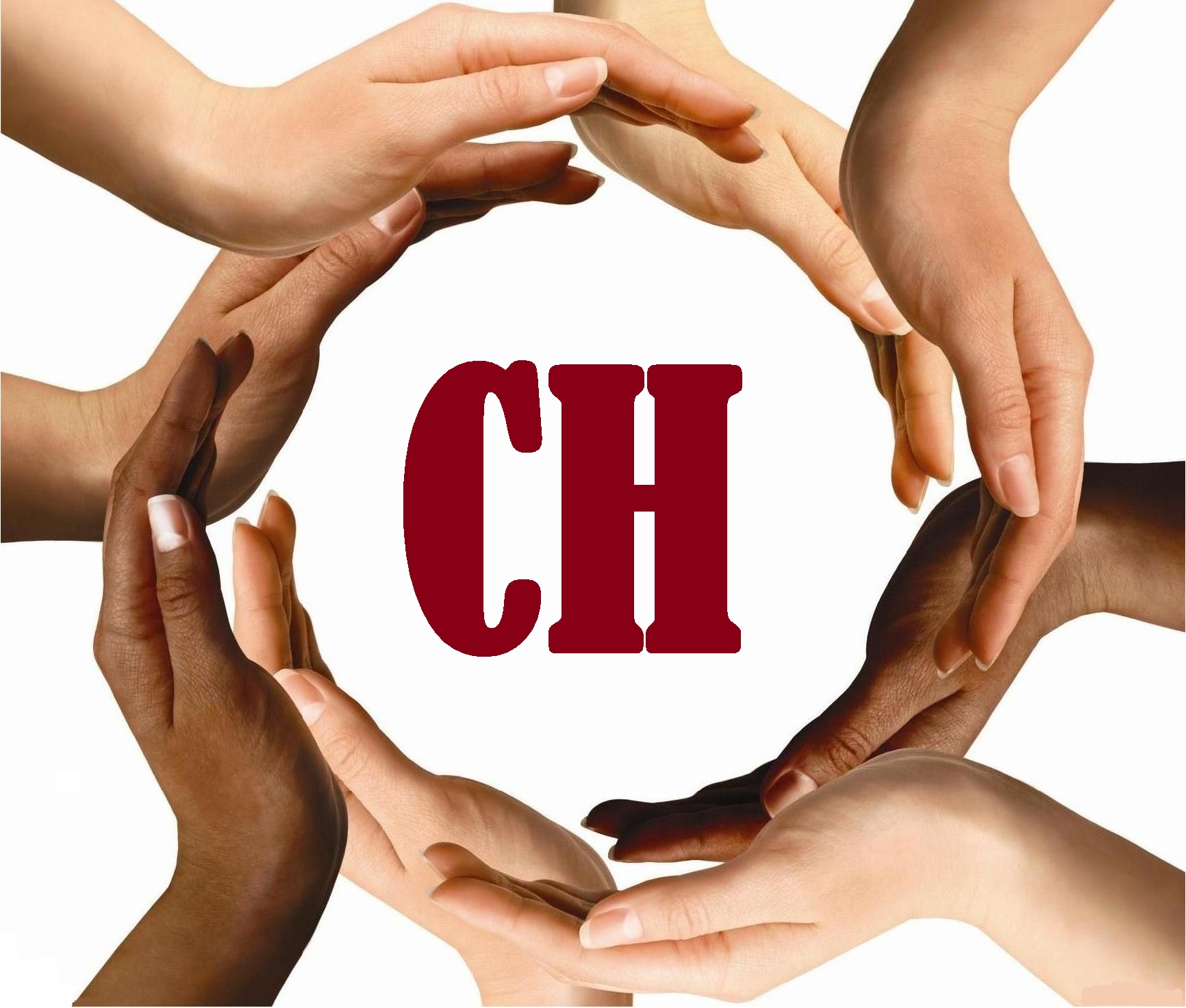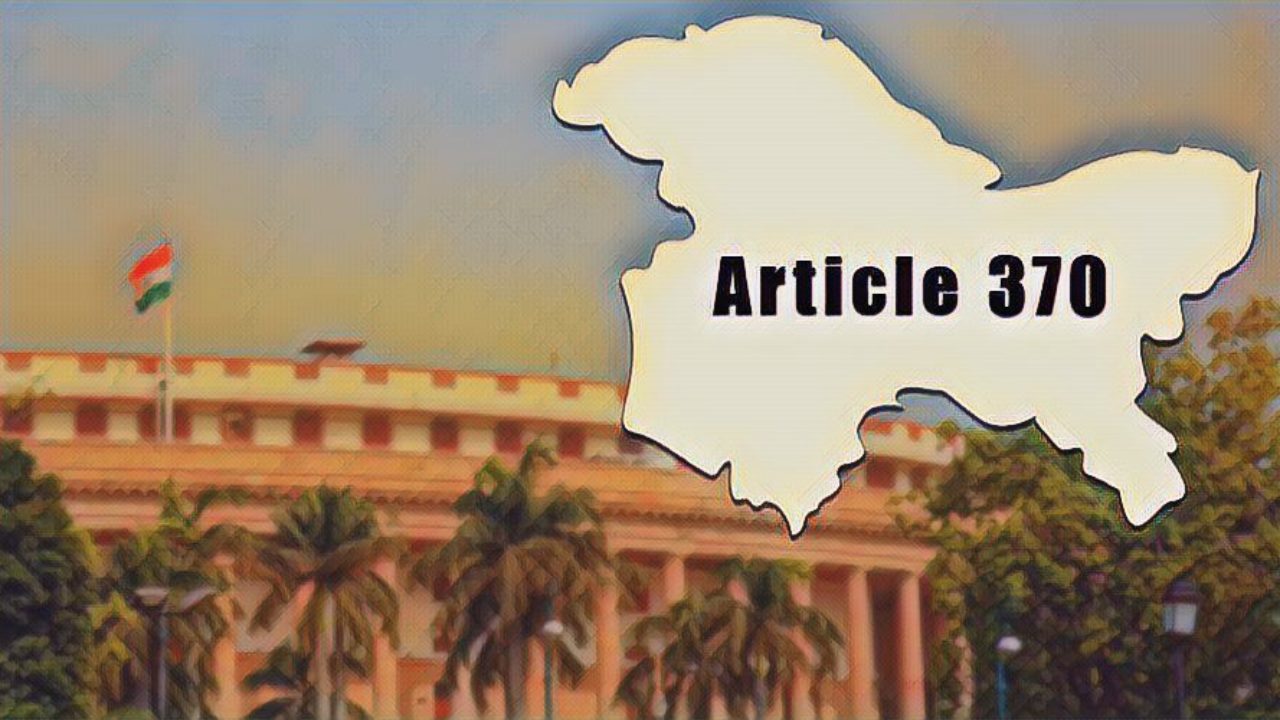Union Government Moves to Revoke Article 370
In what may be called as one of the most historic announcements of this decade, Union Home Minister of India has introduced a proposal before the Rajya Sabha to scrap Art. 370which means that the special status granted to the state of Jammu & Kashmir shall become non-operational with immediate effect.
A Presidential order to this effect has come into operation immediately while the Hon’ble Home Minister also moved a proposal for disintegration and reorganization of the State, whereby Jammu and Kashmir shall be declared a Union Territory with a legislature while the region of Ladakh would become a separate Union territory sans legislature.
Scraping Art. 370 has far-reaching consequences on the people of Jammu and Kashmir as it would mean that they shall be governed by the same laws that are applicable to the people in all the other Indian states. Art. 370 which made it mandatory to seek the ratification by the State Assembly of Jammu and Kashmir for implementation of any Indian law in the State also became inoperative with immediate effect.
The National Unrest
This announcement by the Hon’ble Home Minister came around massive upheaval in the Upper House with members of the Parliament storming out in rage from the temple of the Indian democracy as a mark of disagreement and resentment. Article 370 specifies that sans the matters pertaining to defense, external affairs, and communication, the Union Legislature shall require the consent of the State assembly of Jammu and Kashmir for the implementation of any law in the valley, including those related to fundamental rights, citizenship, and ownership of property.

The Unconstitutionality of the Presidential Order
The power to revoke Art. 370is enshrined in Art. 370 (3) which reads that the Article may be rendered inoperative by a Presidential notification, provided there is a recommendation of the Constituent Assembly of Jammu & Kashmir to that effect. Home MinisterAmit Shah submitted to this constitutional requirement before the RajyaSabha, however in his purposive interpretation, Mr. Shah extrapolated that since the Constituent Assembly of Jammu and Kashmir does not exist anymore, it’s personality, character, and power shall be assumed by the State Legislature and given the fact that the State Legislature also doesn’t exist currently(owing to the President’s rule), these Powers and Functions can be essentially subsumed by the Parliament. Hence, the only consultation that is required before this Constitutional Amendment is that of the Indian Parliament and accordingly presented the Presidential Order before the legislature for ratification on behalf of the Constituent Assembly of J&K. Such a superfluous interpretation of Art. 370(3) defeats the very object of the said provision which not even implicitly mentions that the character and powers of the Constituent Assembly are transferrable, leave aside explicitly.
J&K acceded to the erstwhile Dominion of India under Special Circumstances enshrined in the Instrument of Accession. Art. 370 is merely an additional manifestation of that promise and not the source of it. Thus dilution from the Constitution of India is not sufficient as the Original Instrument of Accession still stands. Art. 370 provides the procedure of its abrogation, the provision explaining the abrogatory power ought not to be liberally interpreted in a manner which is against the very purpose of Art. 370,i.e., protecting the interest of the people of J&K by taking their consent through their Constituent Assembly. When consent is provided for to make sure that the other party is not aggressing into the rights of the first party then in no circumstances the other party subsume the right to give consent on behalf of the first party.
In fact, a more literal and reasonable interpretation of Art. 370(3) suggests that the President’s power under clause (3) of the provision is subject to consultation with the Constituent Assembly of Jammu and Kashmir and since the Constituent Assembly doesn’t exist the Presidential power under the said provision also becomes non-operational. Hence, the only way through which the said provision can now be abrogated is through a Constitutional amendment vide Art.368.
The Underlying Jurisprudence of Article 370
Art. 370 is the constitutional entrenchment of the solemn promise of the Indian dominion to the province of Jammu & Kashmir which formed the very foundation of the Instrument of Accession through which Kashmir became a part of India. Therefore, any abrogation or amendment of this provision shall illegitimise the very succession of J&K to India and render all the rights and privileges of the Indian dominion over the valley, unconstitutional.
Practically speaking, it is the people of Jammu & Kashmir who have the rightful claim over their land and this right has been acknowledged by International law instruments and Human Rights Conventions all over the world. Hence, abrogating Art. 370 means that we are validating the fears of the Kashmiri people and confirming ourselves to be invaders and aggressors in the valley, claiming possession over the territory because our army is standing there.
The Perpetual Exploitation of Art. 370: An Unresolved Narrative since its Inception
The status of Art. 370 has anyway been undermined inexpiably owing to the perpetual President’s rule in the state. The Union list contains 144 items out which 74 items have their concurring entry in the Instrument of Accession and in order to legislate upon these issues a mere consultation with the Governor of the state sufficed, however in respect of the other 70 items enlisted in the Union list, concurrence of the government of Jammu and Kashmir was mandatory. This mandate under Art. 370 indisputably established the fact that the powers and personality of the Governor are entirely distinct from the powers and personality of the government; leave aside the personality and character of the Parliament and the Constituent Assembly of J&K. However, repeated Presidential rule has reduced the identity of the Government of Jammu and Kashmir to the Governor who sits in de facto control of the Central government. Thereby, Art. 370 had anyway been reduced to the rule of the Union Executive in perpetuity with the executive orders being the major source of governance in the valley but still; the said Article went on to provide de jure legitimacy to our control over the territory.
However, unfortunately, the abrogation of Article 370 has illegitimised all the rights of the Indian dominion over its one of the most prized possessions, the dawn of 5th August’19 has witnessed the dilapidation of a father figure to an assailant as the inherent constitutional morality of the Indian sovereignty has become subservient to the subjective morality of its Statesmen.
As Kant puts, Means justify Ends. But I sincerely hope that despite the illegality in the process, the move at least brings peace to the Valley. We’re achieving peace with an Iron Fist and have to be careful that we do not turn into China.


